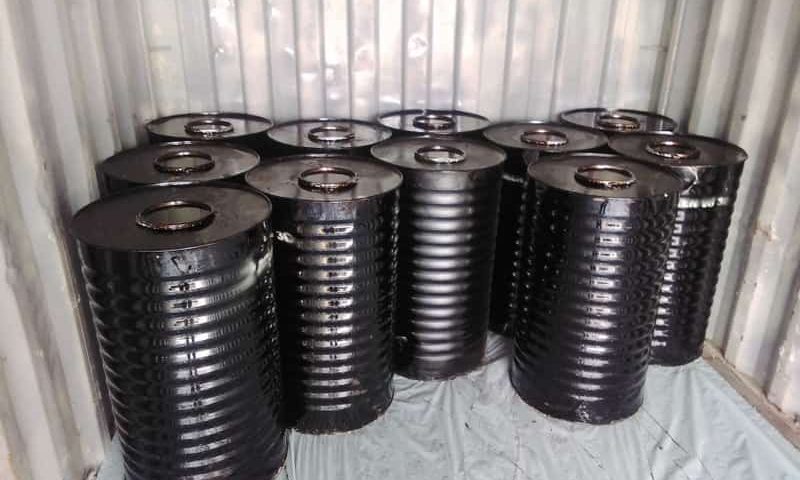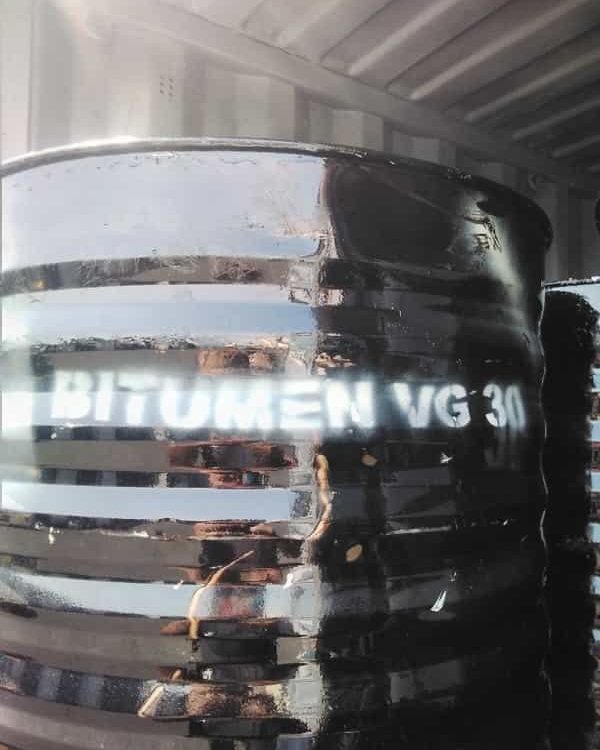As the title show, Wataniya bitumen 60/70 is one of the major products in
Iraq that has the high rate of exports in the world. In the following, we
will analyze the factors and variables related to the oil and bitumen market. Among the major factors in the burning of associated gases produced
in Iraqi fields, is the lack of the infrastructure and pipelines to transport gas
for consumption and export. Consequently, the five Iraqi natural gas
processing plants with a processing capacity of 773 billion cubic
feet per year (about 60 million cubic meters per day) are mostly inactive.
The Financial Times reported on Wednesday, May 1 that the first phase of the
$17 billion Iraqi gas project was launched with the participation of the
Dutch-British company Royal Dutch Shell and Japan’s Mitsubishi. Accordingly, operations contained, store and process large volumes of associated gas
in parts of southern Iraq’s oil fields. Moreover, Basra Gas Company handles
these hydrocarbon fields in Iraq. As a matter of fact, the report adds that
the controlled gas from the first phases of the Ramila and Qarna oil fields,
as well as the Zubair field, will generate electricity and will make the
country self-sufficient in electricity consumption.
Wataniya bitumen 60/70 and the projects
Generally, Royal Dutch Shell has a 44% stake in the Southern Iraqi State
Gas Company (51%) and Mitsubishi (5%).Respectively, the total cost of
collecting gas for the project ($13 billion), together with a separate $4
billion LNG liquefied natural gas production and export project, is at $17 billion. Ali al-Khadir, head of the Southern Iraqi Gas Company, says that 20 million
cubic meters out of 28 million cubic meters of gas extracted from these fields
are in torches every day, which means millions of dollars of the national
capital are wasted daily.
Moreover, Shell says they should implement several types of equipment
and changes along with the development of technology for existing projects
in these areas to increase the current volume of gas production in
these fields to 56 million cubic meters per day.
Gas field development programs and the Wataniya bitumen 60/70
It’s worth noting that Iraq held its third round of tenders in late 2010 for
the development of three unaccompanied natural gas fields, Akas,
Mansoura, and Siba, with total reserves of 7.4 trillion cubic feet
(approximately 210 billion cubic meters). They committed Iraq to buy
100% of the gas produced in these fields. Likewise, in the fourth round
of its oil tenders in May 2012, the Iraqi government tendered the
development rights of three blocks, including seven oil blocks and three
gas blocks in areas of 2,700 square kilometers, to Pakistan
Petroleum, Kuwait. Energy and Luke Oil won the tender.


